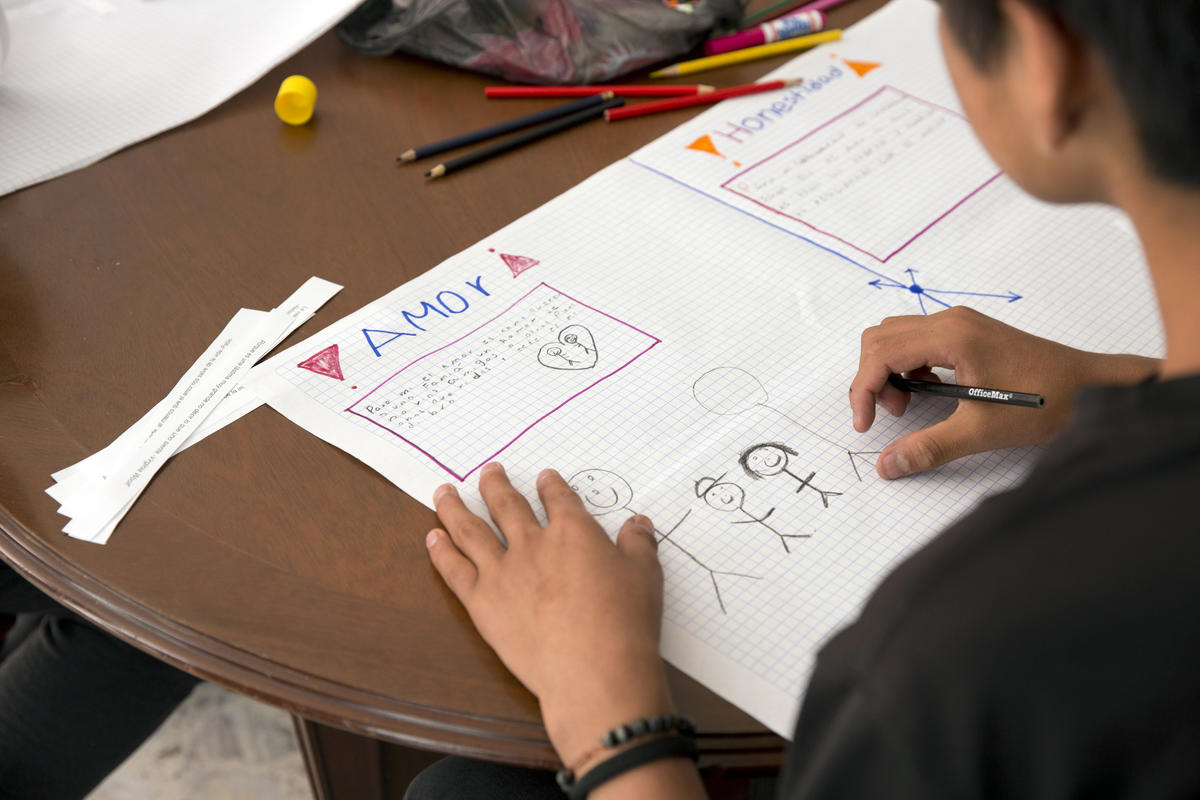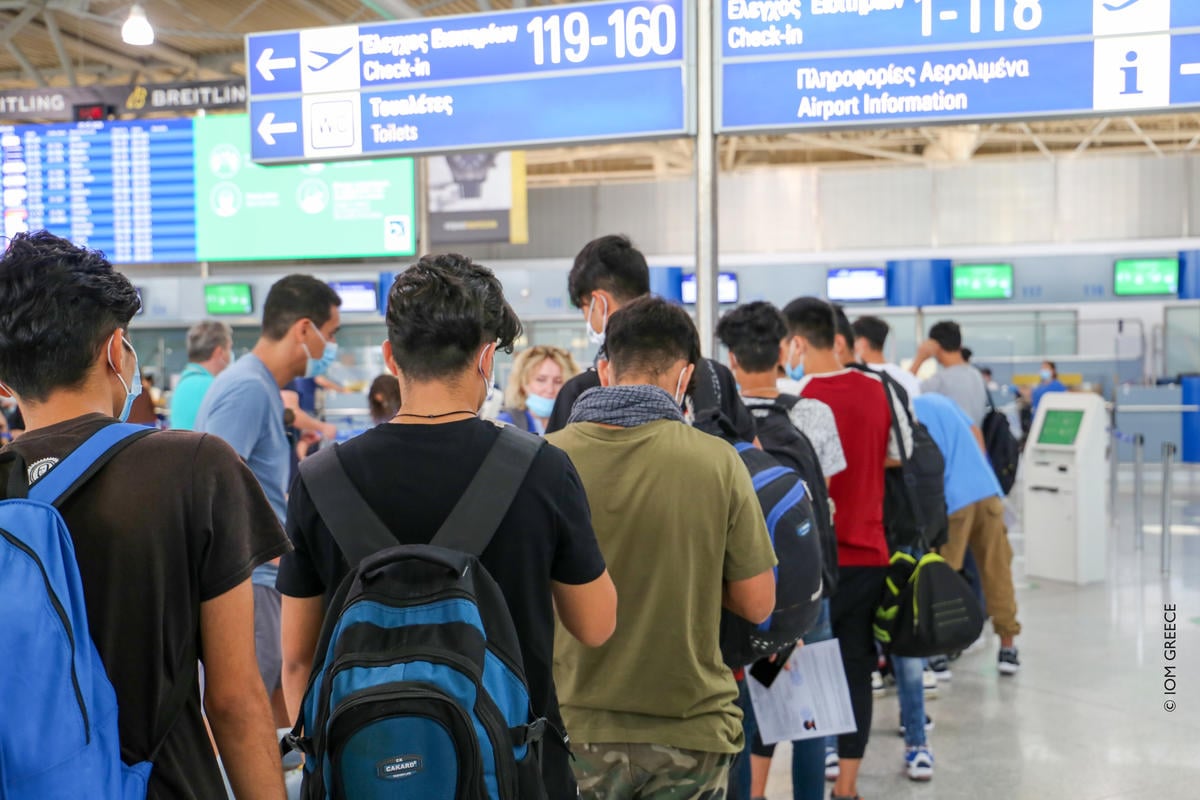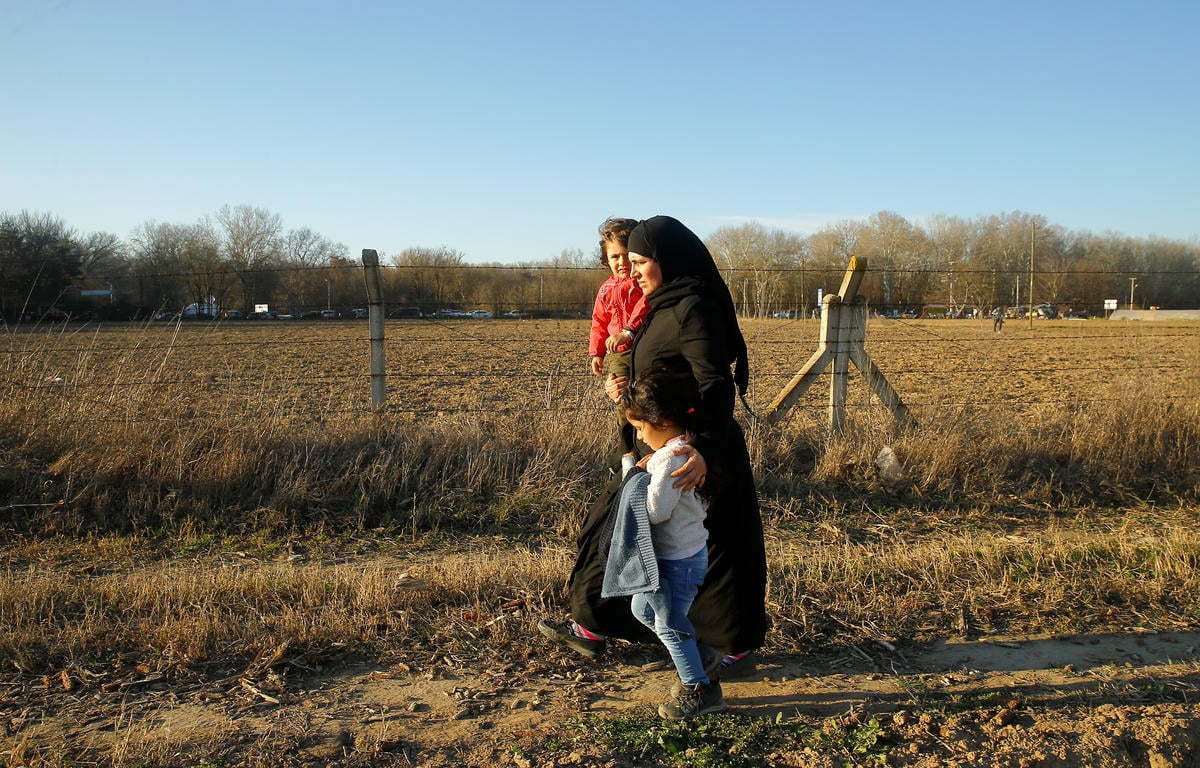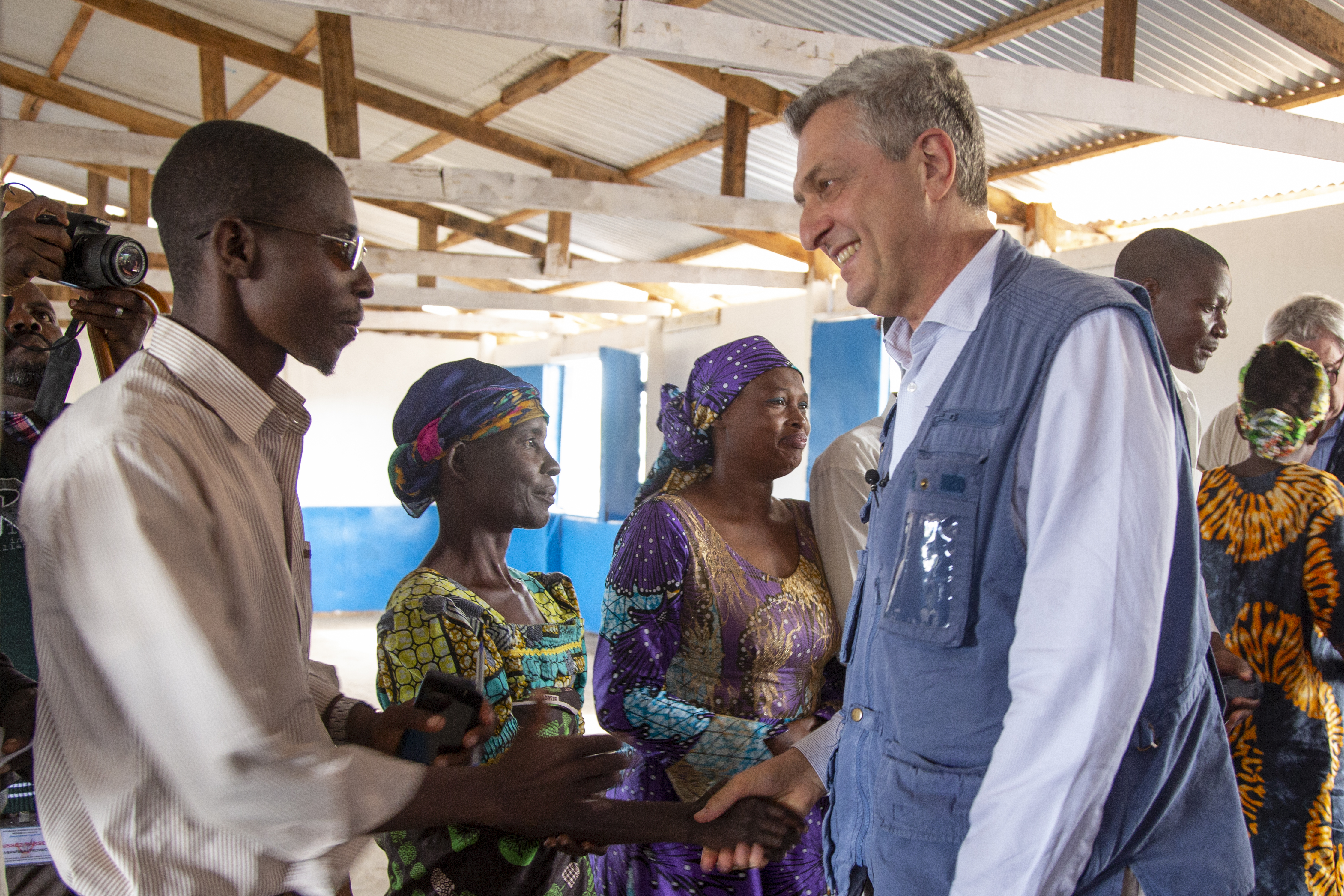Asphyxiation, beating, drowning: the price of crossing the Gulf of Aden
Asphyxiation, beating, drowning: the price of crossing the Gulf of Aden
Over the past 6 days, Yemen has again received more than 1,100 Somalis and Ethiopians who arrived on smuggling boats from Bossaso, Somalia, across the Gulf of Aden. According to our latest information, we believe that at least 28 people died during these recent voyages - from asphyxiation, beating or drowning - and many were badly injured by the smugglers. Others are suffering from various skin problems from prolonged contact with sea water, human waste, diesel and other chemicals. They are not allowed to move during the voyage.
These latest dramas in the Gulf of Aden took place during and just after a recent five-day mission to Yemen by UNHCR's Assistant High Commissioner for Protection, Erika Feller, and the Director for the Middle East and North Africa, Radhouane Nouicer. During the visit, they underlined the enormous challenges faced by Yemen and expressed UNHCR's commitment to further raise the profile of the situation, to appeal for additional funding and international action to help Yemen, and to develop projects that will improve the living conditions and self sufficiency of the refugees in Yemen. They also agreed to work closer with the Yemeni authorities to manage the mixed migration flows arriving in Yemen and to ensure protection and durable solutions for those who need it as well as safe returns for those who do not.
On Thursday morning, according to initial reports from our staff in Yemen, four boats carrying more than 500 people landed on the Yemeni coasts. At least 25 people had reportedly died during the journey. When our staff arrived on the beach yesterday, some had already been buried. We are still awaiting more details from the survivors, most of whom were taken to UNHCR's reception centre. On 17 March, four boats arrived from Bossaso in Somalia carrying an estimated 624 people.
They were spotted by the Yemeni armed forces. In an attempt to distract the armed forces, the smugglers on one boat threw 35 Somalis into the water and took the remaining 215 passengers - many with their hands bound by ropes - closer to the shore where they were forced to disembark. The Yemeni security forces managed to rescue the remaining 35 two hours later by an army helicopter. By then, however, all smugglers had escaped and at least three people had died.
Feller and Nouicer praised Yemen during their mission for its positive attitude towards refugees and asylum seekers landing on their coasts, despite the enormous strain this has put on the country in socio-economic, political and security terms.
Since January 2006, Yemen has received nearly 30,000 people from Somalia, Ethiopia and other places, while over 500 people died and at least 300 remain missing. UNHCR has been supporting Yemen and provides assistance, care and housing to over 100,000 refugees already in the country.
Yemen is a party to the 1951 Refugee Convention and its 1967 Protocol. It has kept its doors open for refugees and migrants who have been arriving for several years from war-torn Somalia and other places. Yemen has also been very patient in awaiting more support in recognition of its generosity and in the spirit of burden-sharing.








